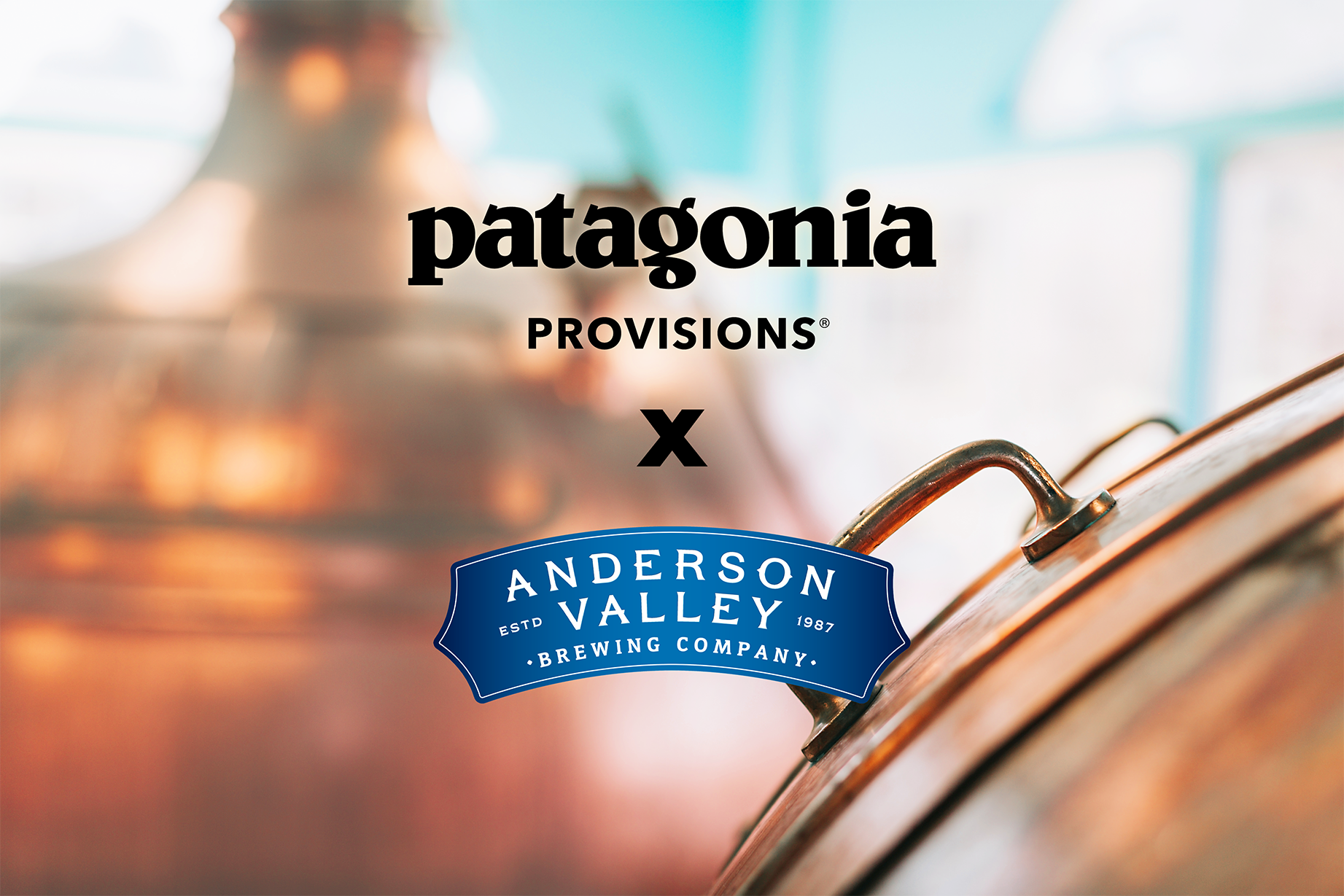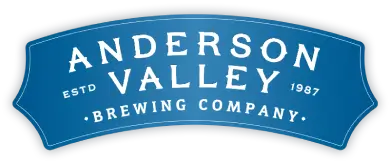
Now Pouring: Kernza® Lager
Every so often, we’ll look down the tap room bartop and see Barkley asking, as if into his beer, “Can’t we be doing more? Can’t we find more ways to do right by the environment and our planet?”
Craft beer fans already know AVBC as The World’s First Solar-Powered Brewery and have probably heard about our zero-impact water program and our net-zero solid waste production cycle. But there’s always more we can do and more we can learn too.
So, when we let Barkley know we had been talking with Patagonia (one of his favorite outfitters) and had the opportunity to work with Kernza® grains, Barkley fell out of his chair in excitement.
Kernza® is a regenerative perennial crop that has myriad positive impacts on the environment because it demands less — less water, less fertilizer, less active cultivation.
We sat down with AVBC CEO and President Kevin McGee and Head Brewer Fal Allen to hear about their plans to brew some special beers with this grain and what it means to find a new way to reduce AVBC’s environmental impact. Barkley, unfortunately, was not available for comment.
Question: What does it mean for AVBC to have an opportunity to partner with Patagonia and brew a beer with Kernza®?
Kevin McGee: We look at it as a huge honor to be able to work with Patagonia. They’re unparalleled in their commitments to sustainability and responsible business operation and this is a really fun way to collaborate. AVBC has a long and meaningful history of forward-looking sustainable practices and we’re not quiet about letting people know; we’re trying to lead by example and also doing what we can to share what we’ve learned with other businesses and are looking forward to talking to people about what we’re doing with regenerative grains.
Q: AVBC is known for a wide range of environmental initiatives. Do you remember when you first found out about Kernza® and how you decided to pursue it as an ingredient?
KM: I saw a post on LinkedIn from a Patagonia executive about Kernza® several years ago when the Provisions division made some progress with the Regenerative Organic Certification program. At the time they partnered with Hopworks Urban Brewery in Portland to produce an IPA, and I reached out to see if I could get some more information. Eventually, I was able to connect with some of their people after they launched a bigger program and we really connected with AVBC’s history of sustainable practices and so they slotted us in for the current program. At AVBC we champion the idea of beer-flavored-beer but we do that while constantly experimenting with new ingredients. Being able to fold a grain like Kernza® into our production was a clear and obviously compelling fit for us.
Q: What are your initial impressions of Kernza® as an ingredient? Have there been any surprises as you’ve started brewing with it?
Fal Allen: Upon seeing Kernza® for the first time, my initial impressions were guarded, but I remained open-minded. The grain is small and very thin compared to the more traditional brewing ingredients of barley or wheat. It was a dark color and looked more like wild rice. After a visual inspection the next thing I noted was the aroma was dry and earthy. I did the ”classic” chew test and found that although it was hard and steely it had some really interesting flavors. I took some of the Kernza® home and found boiling brought out a lot more flavor than just doing the simple chew test. Finally, I ground some and made bread with it and again, I found more flavors I had not anticipated. Overall, I was pretty encouraged by how the flavors were released in the different ways I had prepared it and thought I could work with it creatively.
Q: Organic ingredients are becoming more common in the beer world. What sets Kernza® apart as an ingredient?
KM: The thing that really sets Kernza® apart is the impact it has on the land it’s grown on. Kernza® is a perennial plant, which means that it doesn’t need tilling and replanting like other grains, and it can establish deep and efficient root structures. This results in a reduction in water use as well as fertilizer and pesticide needs and is also far healthier for the soil since it isn’t disturbed and reset after every harvest. Not having to continuously replant eliminates the need for fossil-fuel burning farm equipment that would have otherwise been used to do that work. This root structure also helps with soil health by maintaining an environment that sustains colonies of beneficial microorganisms and more efficiently drawing excess nitrogen from the soil while reducing erosion by simply keeping the soil in place. It provides an opportunity for farmers to naturally address some of the most pressing impacts of agriculture with less human intervention and resources. Win-win.
Q: What kinds or styles of beer are suited for Kernza®, and why?
FA: I see Kernza® as more of an interesting character addition in the flavor profile rather than a lead contributor. I think a brewer could use Kernza® in any style of beer, but I wanted to find a traditional beer style that would be specifically complemented by the flavors I had found. After some reading and talking to other brewers who had already brewed with Kernza® I decided on a Franconian Dunkel Landbier. It is a German farmhouse or countryside lager that is drier in the finish than its southern counterpart, the Bavarian Dunkel. It has a light brown color and a dense rocky white head; it’s well-balanced with flavors of brown bread, nuts, coffee and a hint of caramel making it more of a thirst-quenching quaffable beer than a heavier sipping beer.
Q: Of course, you’re just as much an avid beer appreciator as you are CEO of the brewery, what’s your impression of the flavor that comes from Kernza®, and which styles of beers are you most excited to see it incorporated into?
KM: From the testing we’ve done, I’m thinking that it will contribute a kind of warm nuttiness that is complex without getting weird or overwhelming. It’s a really approachable flavor that can add some nuance, and in particular I think it would fit in really well with some traditional dark lagers, and that’s going to be our first beer. We’re going to be brewing a series of different beers to give us something of a playground for Kernza® and do what we can to showcase its versatility. Each one of those beers is going to be informed by the ones we brew before it so we’re going to kind of let the grain lead us. We’re going to have some fun and let Kernza® kind of show what it wants to be, so we’re thinking of this as a bit of an adventure.


